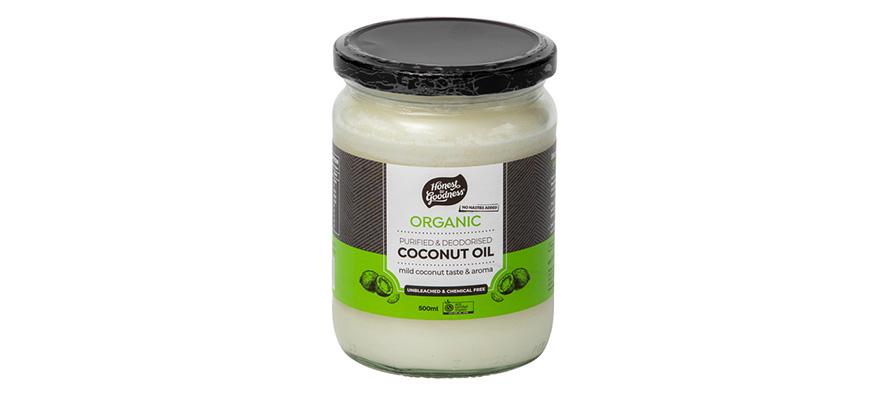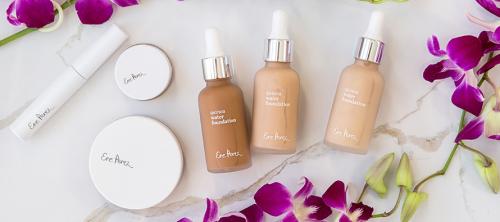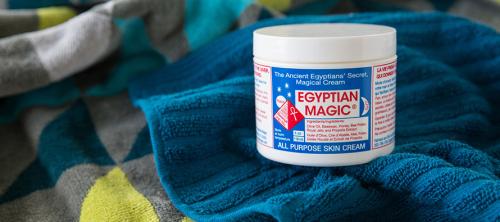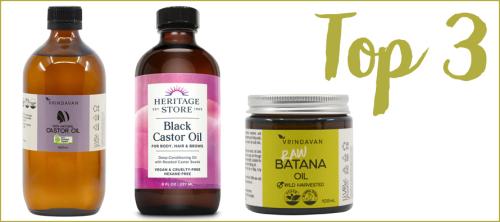What is deodorised coconut oil?
Back in 2014 when we wrote the first version of this blog, coconut oil was mainstream. Since then it has become so mainstream that you can find it in the supermarket, at the butcher, the fruit shop too. As a result, we no longer stock any coconut oil unless it's fractionated coconut oil for using with essential oil blends because it never goes solid. It's still helpful to know what deodorised coconut oil is and why we decided to stock it back in 2014 when we had close to a dozen different options on the shelf.
Why choose deodorised coconut oil?
Many people want the benefits of cooking with coconut oil and eating it, but simply cannot wrap their tastebuds around the taste of it. By having an oil that has had the majority of its coconut taste and smell stripped from it, it makes it more suitable for frying many foods that do not go well with coconut.
How is deodorised coconut oil made?
Virgin coconut oil is a simple cold press with no modification whatsoever. Deodorised coconut oil goes through a process, much like fractionated coconut oil does.
To make deodorised coconut oil, the virgin coconut oil is put through a purification process to remove the majority of the coconut taste and smell from the oil. It is really important if you're buying deodorised coconut oil that you know how they're doing the refining. We did our research before choosing to stock the Honest To Goodness brand back in 2014. They still make it today and you can buy it direct from them.
The refining process of the Honest To Goodness oil is unlike most other methods used. There is no excessive heat or chemical solvents used, and as such, it creates a better quality deodorised coconut oil. While you may still have remnants of the coconut oil aroma and smell, this natural deodorising process removes the majority of it while still keeping the oil heat stable for cooking & frying. There are three steps to the deodorising method.
Step 1 - refine the coconut oil
At a low temperature, the coconut oil is physically purified as the oil is extracted. This helps to keep the FFA (free fatty acid) levels at less than 0.1%, the same levels you get from good quality virgin coconut oil. No chemicals are used. Other manufacturers use chemicals like sodium hydroxide to extract the FFA from the oil. High FFA levels are one measure of coconut oil being rancid. Have you ever smelt a coconut oil and thought that it wasn't quite right? Higher FFA levels could be the reason.
Step 2 - bleach the coconut oil
Edible copra is used instead of bleach. This was new technology back in 2014 when we did our first research. Copra is a technical name for dried coconut flesh.
Step 3 - deodorise the coconut oil
This is done by using steam, which removes odour.
What is the benefit of using deodorised coconut oil for cooking?
The internet is full of differing opinions on the best oil to use when cooking with heat. It's best to choose an oil with a medium to high smoke point when frying. Most commercial deep dryers use canola oil because of its high smoke point and low cost and it doesn't impart much flavour in to the food you're cooking, but it is a seed oil and many people on healthy diets don't eat seed oils.
The benefit of deodorised coconut oil over virgin coconut is the smoke point, which is 230°C vs 175°C. For high heat, home frying deodorised coconut oil is a great option.




